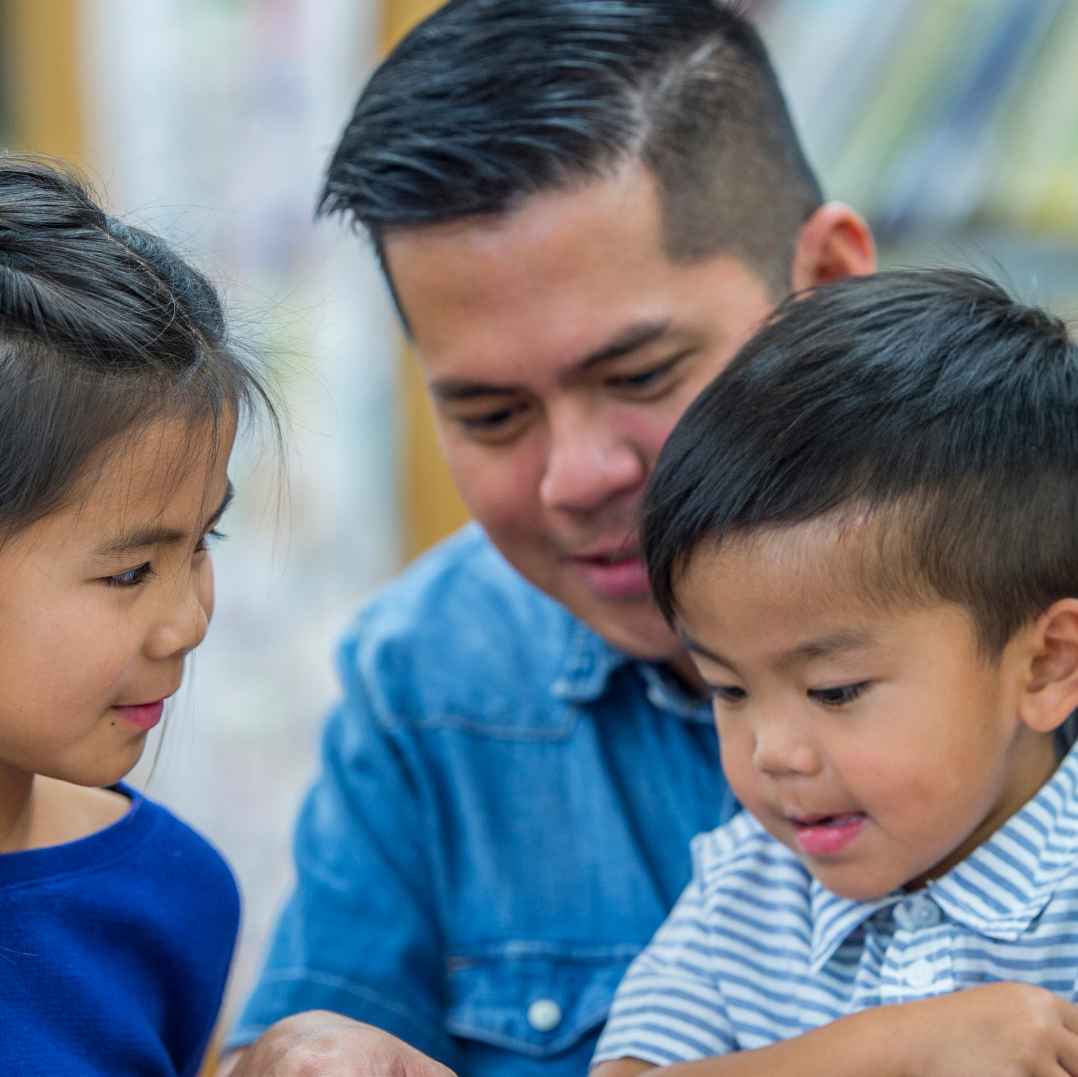When a family makes a commitment to a child care program, they’ve made a statement that they trust the provider to keep their child safe and healthy, and provide an educational and loving environment for that child to grow in. This can be the first step to a strong and long-lasting relationship when educators take the time to intentionally build that with the families of children in their care.
Why is it beneficial to build relationships between educators and families? Often, child care educators are a family’s first experience with having an unrelated adult care for their child. As the introduction to extrafamilial care, child care providers set the tone for the way families engage with all of their child’s education. Setting the stage with warm and caring professional relationships will support families engaging with all of the systems that they will participate in with their child.
A strong relationship between family and child care provider also directly and immediately benefits the child. Family child care educators and families are the people who spend the most time with a child and are in the best position to advocate for them and support their growth and development. When families and educators build strong relationships together, they can communicate more effectively when concerns or disagreements arise. Maintaining relationships with families offers educators the opportunity to better understand every child, and it can give families the comfort necessary to participate in the child’s program and share the interests and skills with the educator and children.
How do family childcare educators seize this opportunity to connect with families and build those professional relationships?
- Start before day one: Although families already have plenty of paperwork to do to enroll, some educators add a “getting to know you” page where families can answer questions that will support the provider in understanding their families history, preferences, and needs. Some sample questions include:
- What language(s) does your child hear and speak at home?
- Who lives in your child’s home(s), including pets? Who do they visit with frequently?
- What do you like to do as a family?
- What does your child typically choose to play with?
- Tell a story: The days can get busy, but proactively making note of something the child said or enjoyed during the day to communicate with families at departure time will maintain that relationship. Prioritizing face to face communication, even for you a minute or two at a time, will make bigger conversations easier when they become necessary. This doesn’t have to happen every day for every child, but the first few days a child is in a program are extra important for making this connection.
- Invite them in: When children are interested in a subject that a parent knows about, or the opportunity for a field trip arises, inviting families in either individually or as a group to share their experience or supervise a trip will build bonds and memories.
For Reflection:
What one action can I add to my day that will help build those reciprocal relationships with families?



